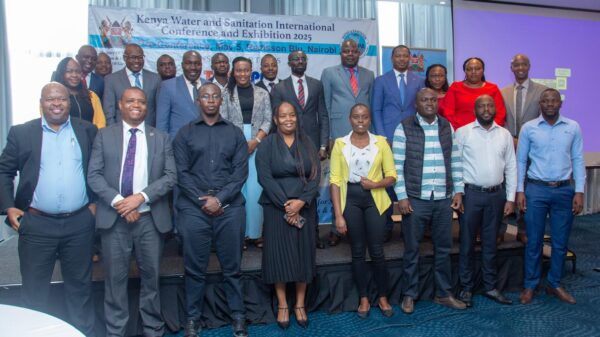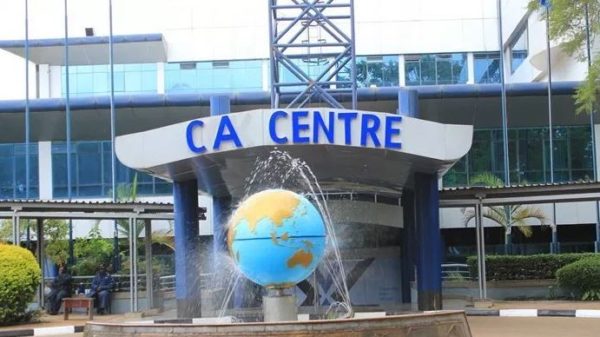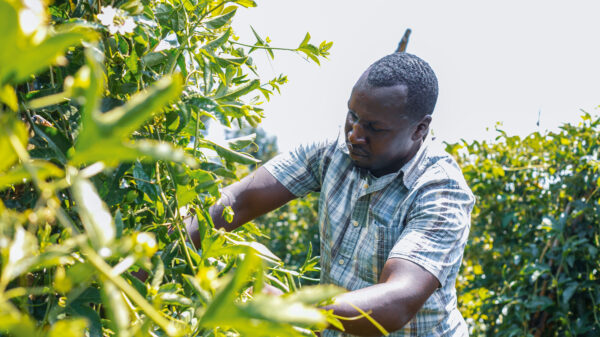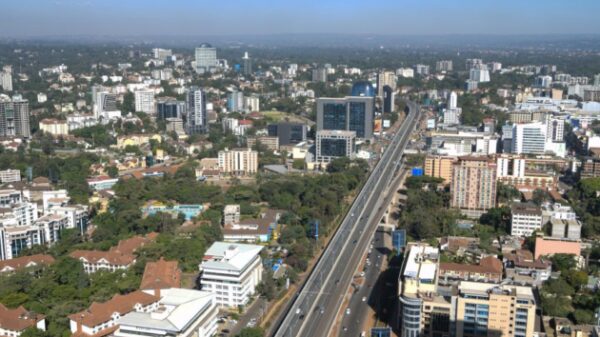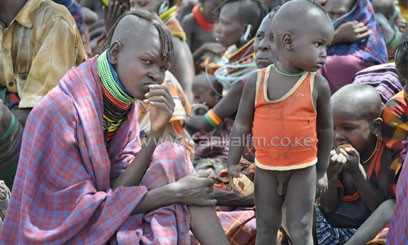
The funds raised were not only intended to provide temporary food relief but to empower the residents of arid areas with the necessary resources to produce their own food/FILE
And thus the Kenyans 4 Kenya (K4K) initiative was born with an initial four week target of Sh500 million being surpassed in half that time.
The funds raised were not only intended to provide temporary food relief but to empower the residents of arid areas with the necessary resources to produce their own food.
It was in honour of this pledge that the K4K Steering Committee whose members include Safaricom CEO Bob Collymore and Kenya Red Cross Secretary General Abbas Gullet commissioned an irrigation project in the Kaikor area of Turkana County on Wednesday.
The project dubbed The Turkana North Food Security Project will benefit over 15,000 people who were hardest hit by one of the worst droughts in Kenya’s history.
“This was the epicentre of the drought that was said to be the worst in 60 years in this country. When we were here two years ago 350,000 faced starvation and the malnutrition rate was as high as 35 percent,” Gullet said.
The project which includes four boreholes, 80 drip irrigation kits and shade net houses, Collymore said, will not only help three predominantly pastoralist villages become food secure but generate income for them as well.
“When we were here two years ago, I remember Julie (Gichuru) say how silent it was as people waited to die and fortunately thanks to the enormous generosity of Kenyans they lived and we now have sustainable solutions generating about Sh400,000 worth of income for these people.”
Turkana Senator John Munyes welcomed the project and thanked the countless Kenyans who contributed to K4K for helping mitigate the perennial drought problem.
“It is hard to believe that this area which nobody ever thought could be fit for irrigation is now producing farm products like kales and maize. This has been life changing for our community.”
Similar long term projects are currently underway in the Walda area of Moyale and in East Pokot in an effort to avoid a recurrence of the 20 deaths that resulted from the 2011 drought.


